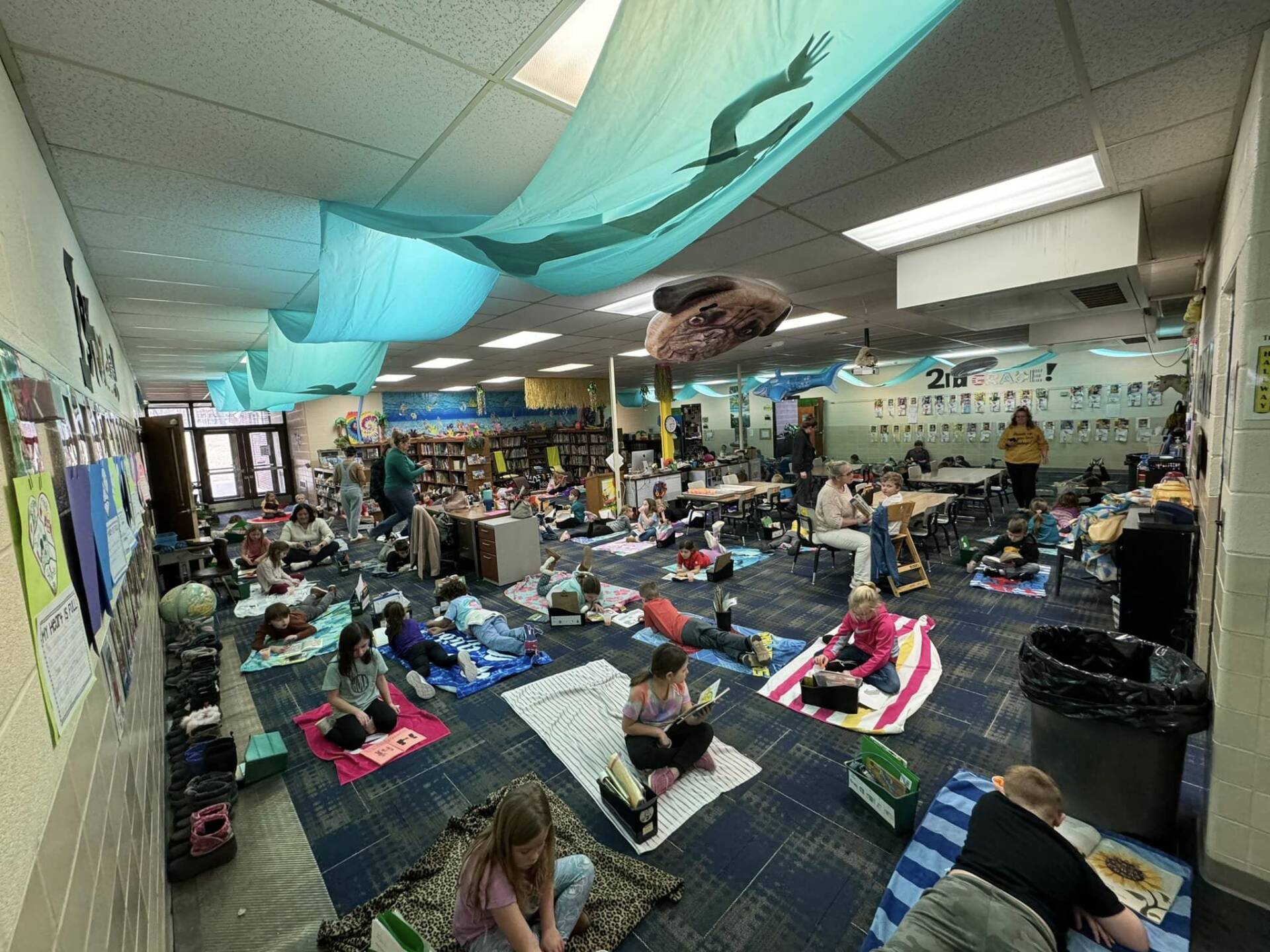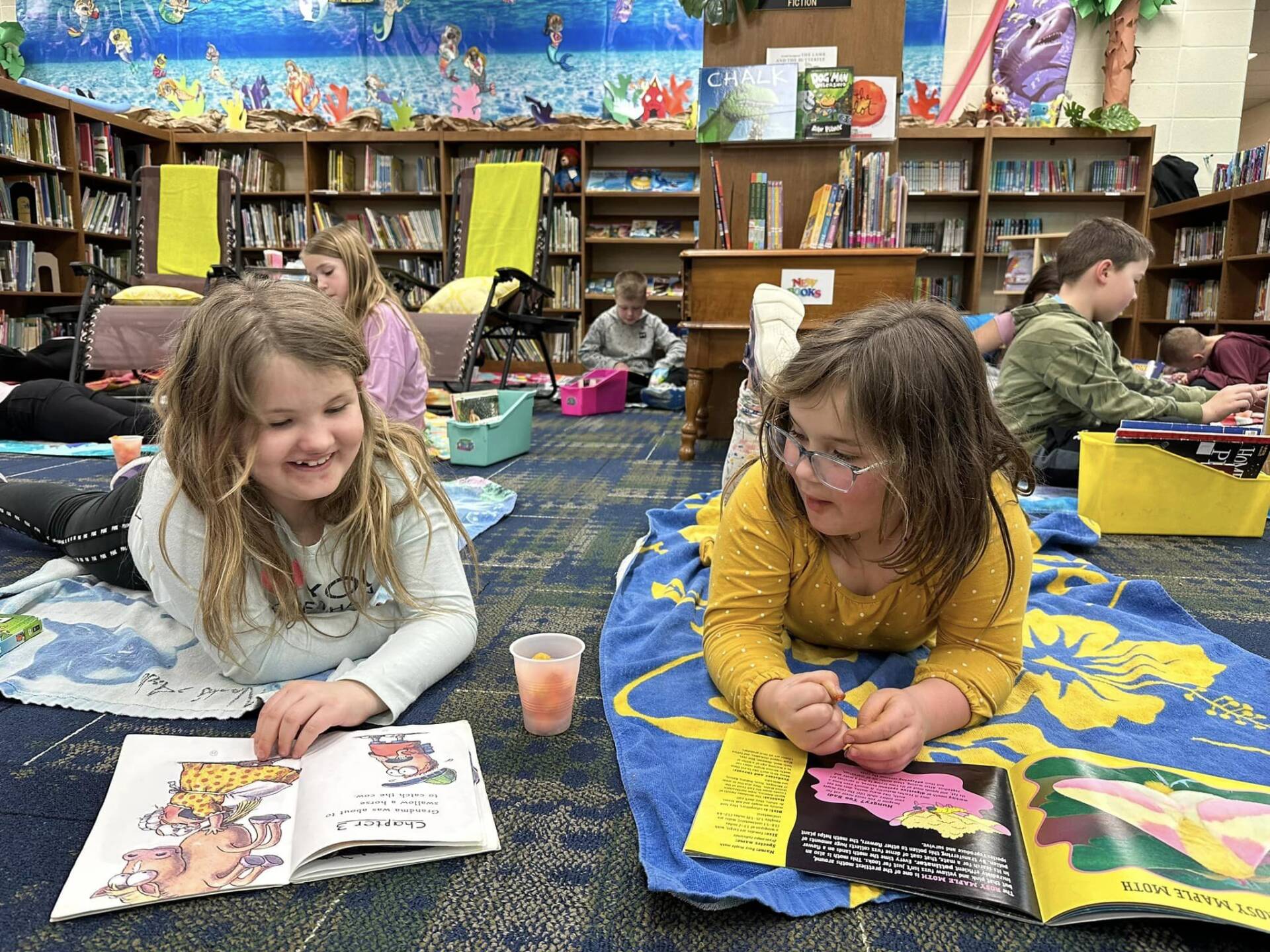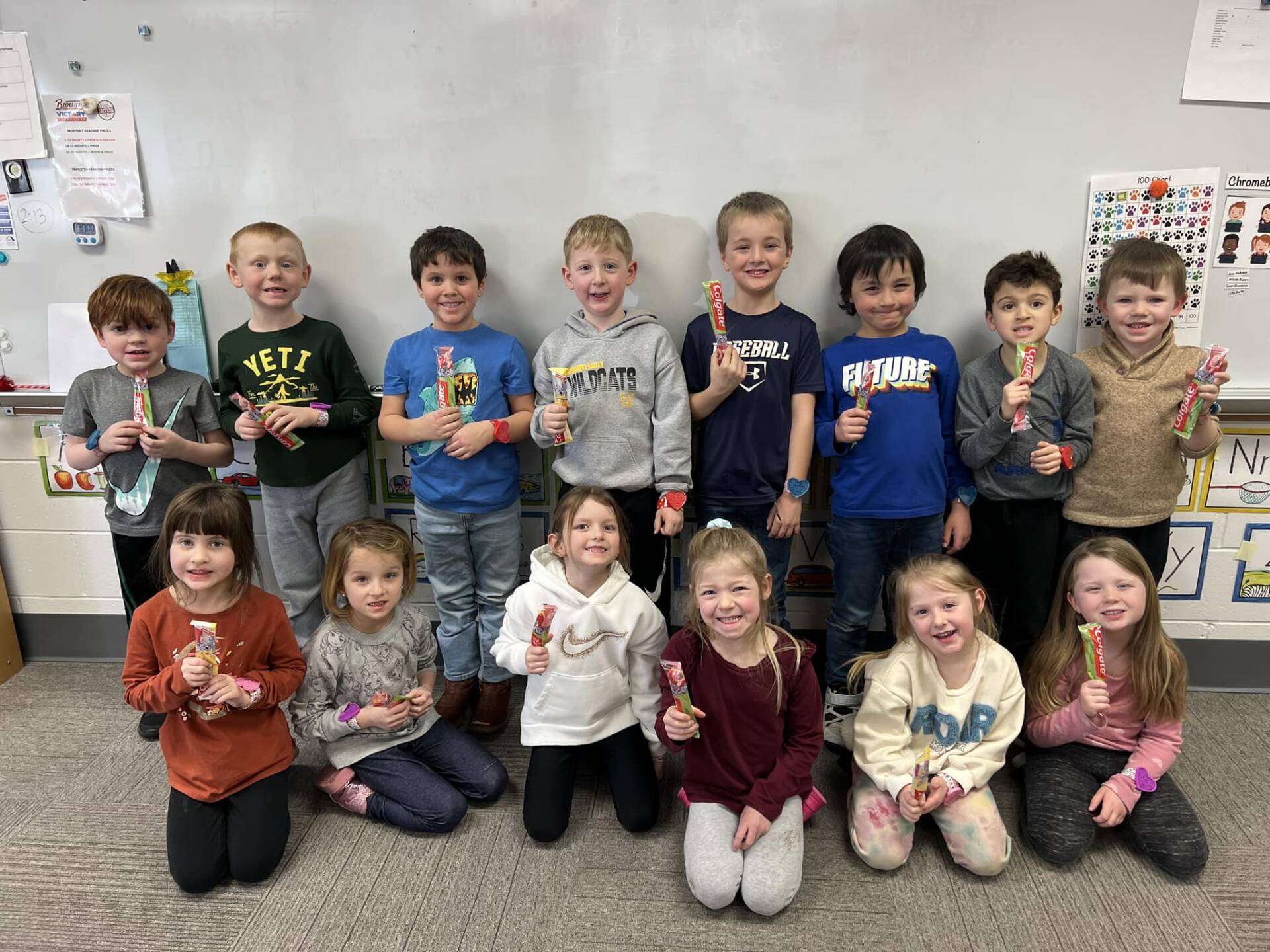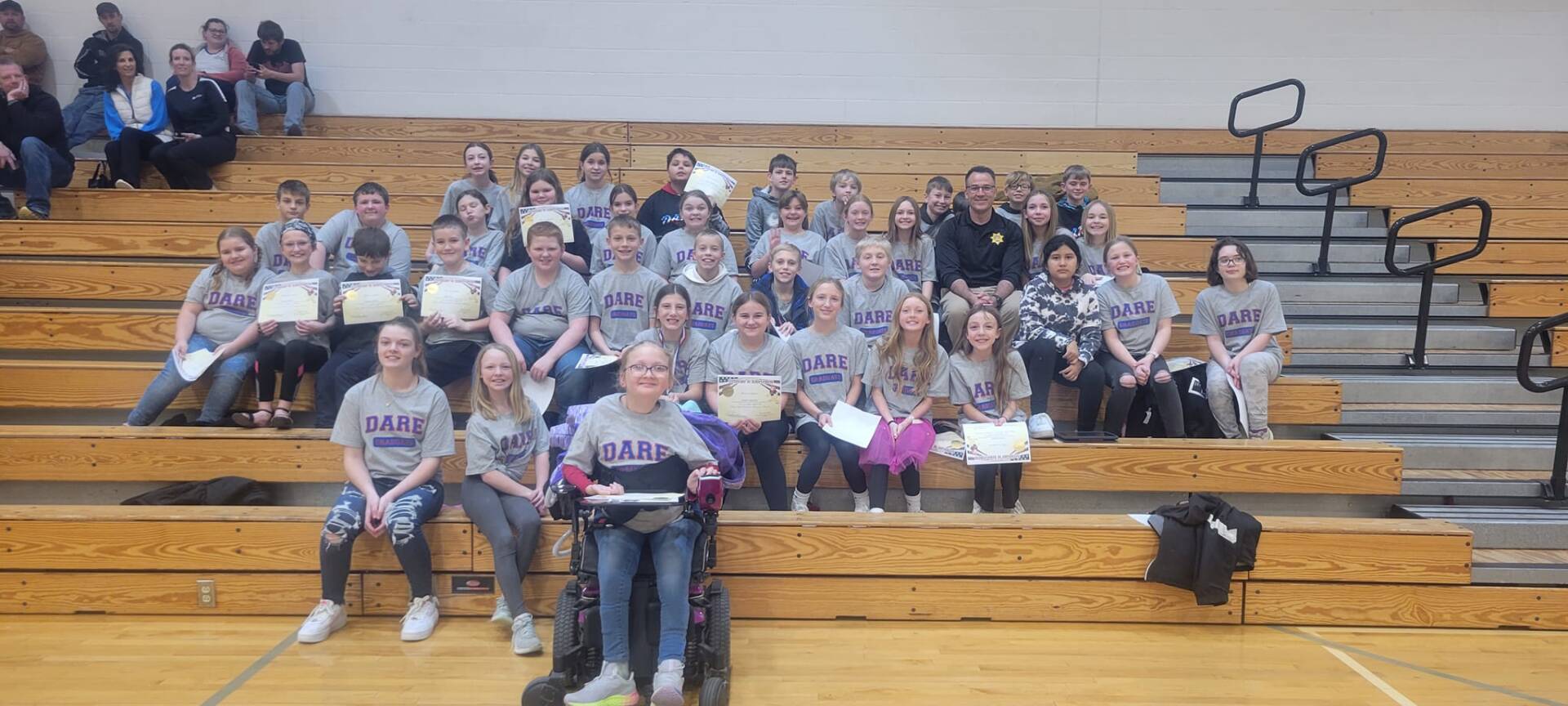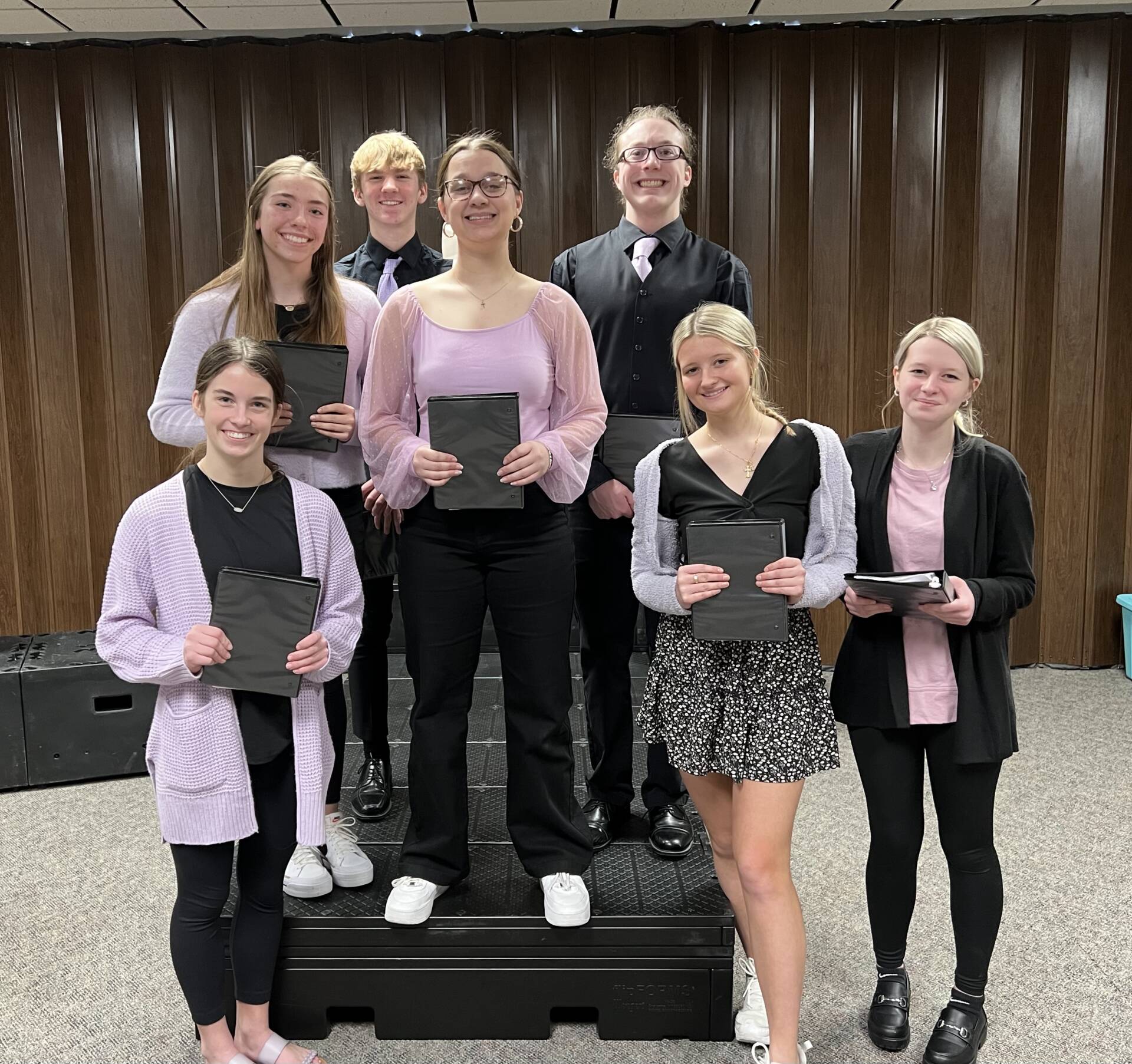MVCSD News Real Care Robot Babies, by Megan Rausch
Megan Rausch
Comp I
Observation II
8/12/18
Real Care Robot Babies
Taking care of a robot baby is not something people do everyday. This is a type of experience people can get if they take the Child Development class offered at our high school. Throughout the class, we learn about what it takes to be a caregiver to a child, as well as how children develop over the years emotionally, physically, intellectually, and morally.
After learning some basic understanding about children in general, Mrs. Downs will then explain the importance of taking care of the Real Care Babies. These so-called “robot babies” are
just about as real as you can get, without them actually being alive. They are ran on schedules that actual parents have recorded from their real life babies. Each classmate picks out three numbers, one through sixteen, and each of those numbers corresponds to which schedule they will get. The schedules are randomized by number and can be easy, medium, or hard.
When taking care of the babies, there are a couple things you need to make sure you do, or don’t do. If the baby cries, there are four things you can try to do to get them to stop crying: burp, feed, change, or rock them. There are a variety of sensors within the baby that can tell what you do to it. For example, if the baby gets too cold or too hot, it will record it. Or if you let the head fall, meaning the neck wasn’t supported, it will scream and points will be deducted.
After practicing in class with the babies and learning what we have to do with them, it finally hit me that I was actually going to be taking one home for the whole weekend. As terrified as I was, I knew it was going to be a good experience for me.
When taking care of the baby, it was very overwhelming. I wasn’t used to making all of my time for one thing. Also, waking up in the middle of the night to feed a robot wasn’t something that excited me. My classmates had their own individual thoughts on this project, though.
Maddy Anderegg likes, and spends a lot of time, with kids.
“In this class I want to experience as much as I can to enhance what I already know about kids,” she stated. Taking this class will help her in her future career with children. She described her experience with the child as “stressful” as well as “eye opening.”
“You don’t realize how much care a child needs until you have one and are taking care of it on your own,” Maddy explained, “It was a very good learning experience. Going into it I thought it would be easy because I’ve been around kids for a long time.” We both agreed that it was hard to live our normal, everyday lives with the baby.
Maddy ended with, “If I were to take care of one again, I would definitely be more patient and I would try not to get as frustrated.”
Austin Snyder is also in Child Development. Because he is the only boy in the class, the experience was different for him.
“Learning more about children and how to take care of babies is beneficial for anyone for the future.” Austin’s baby, Pablo, gave him quite the surprise for the weekend. He definitely was not used to waking up in the middle of the night to give the baby all of his attention for hours upon hours.
“I think everyone should take this class because you realize it’s not as easy as you would think,” Austin suggested.
Being involved with this class has taught all of us not only what children are like, but it gave us all a real life opportunity to experience it first hand. We all agreed that we would take care of baby again, even though it was a lot of hard work and dedication for the short amount of time we took care of them. Also, Austin and Maddy both agreed that changing their views on the baby project, as well as having a more positive attitude throughout the weekend, could have made it a better experience.
Throughout the year, Child Development has taught a lot, and will continue to teach a lot more, about children and how they can develop in many different ways. Getting the first-hand experience that you do in this class can greatly benefit anyone for their future.

